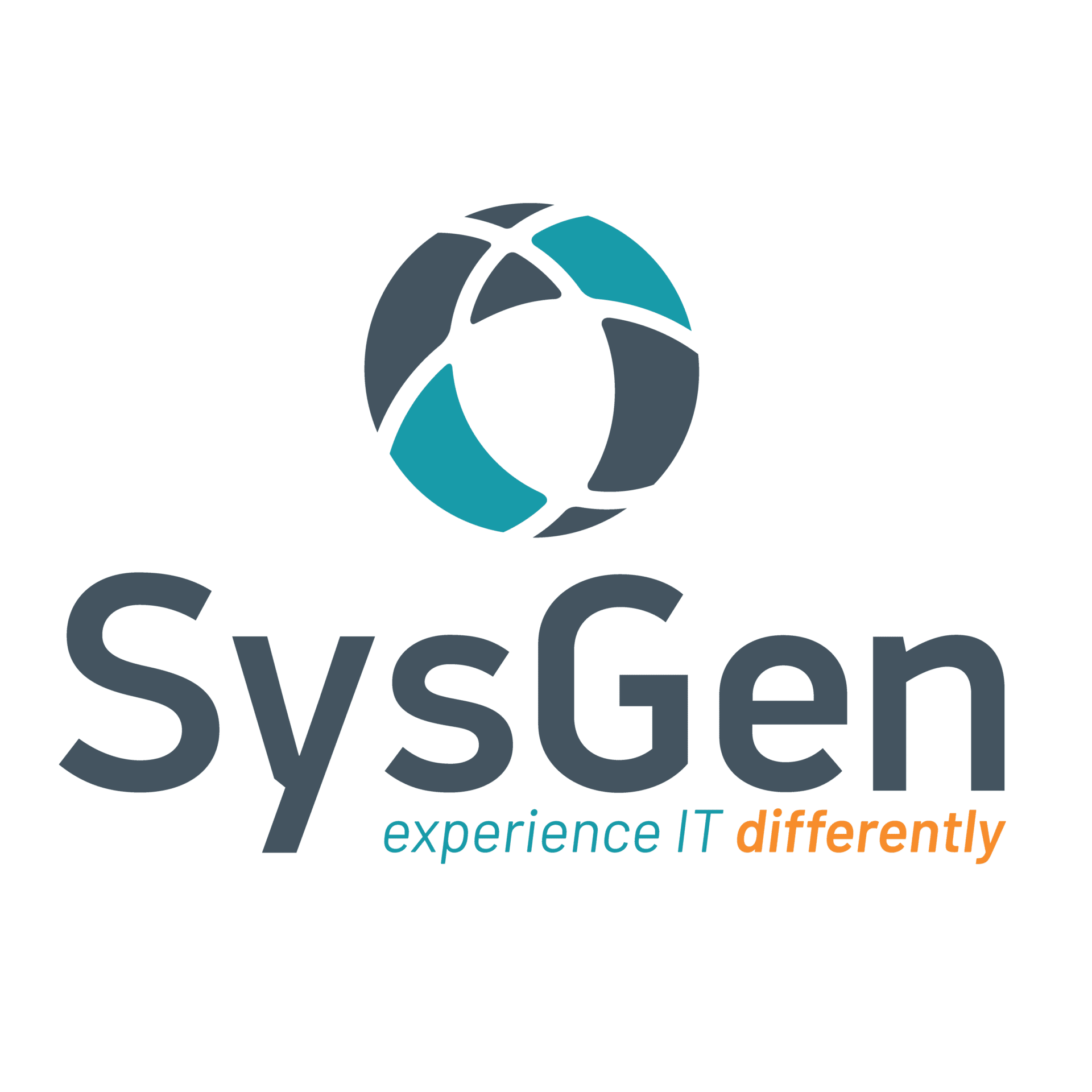New year, new IT strategy. As we enter 2025, the technology landscape for businesses continues to evolve rapidly. Organizations must stay ahead of these technological advancements to maintain a competitive edge. From artificial intelligence (AI) and machine learning (ML) to cybersecurity and the roll-out of 5G networks, businesses face both exciting opportunities and significant challenges. The key to navigating this dynamic environment lies in the effective adoption of these trends and utilizing managed IT services to ensure smooth implementation.
We will now explore the top IT trends shaping businesses in 2025, how advancements in AI, cybersecurity, cloud computing, 5G, and other technologies will impact business operations, and how organizations can prepare for these shifts.
Table of Contents
- What are the Most Significant IT Trends Businesses Need to Prepare for in 2025?
- How Will Advancements in AI and Machine Learning Impact Business Operations?
- What Are the Latest Developments in Cybersecurity, and How Can Businesses Protect Themselves?
- How Are Multi-Cloud and Edge Computing Reshaping IT Infrastructure?
- What Opportunities and Challenges Does the Internet of Things (IoT) Present for Businesses?
- Why Is Green IT Important, and How Can Businesses Adopt Sustainable Tech Practices?
- How Will 5G Connectivity Enhance Business Communication and Operations?
- What New Regulations and Practices Are Emerging Around Data Privacy and Compliance?
- How Should Businesses Prepare for Quantum Computing and Its Potential Impact on IT Systems?
- How Can Managed IT Services Help Businesses Implement and Manage These Trends Effectively?
What are the Most Significant IT Trends Businesses Need to Prepare for in 2025?
In 2025, businesses will need to prepare for several significant IT trends;
- First, integrating AI and machine learning (ML) will be at the forefront, offering automation and optimization capabilities.
- Second, businesses must also consider implementing advanced cybersecurity measures, multi-cloud storage strategies, and edge computing, which will reshape IT infrastructures and operations.
- An additional consideration is the need to tackle the Internet of Things (IoT) and data privacy regulations while adopting sustainable technology practices through Green IT initiatives.
- Next, the rollout of 5G connectivity will revolutionize communication, enabling faster, more reliable connections.
- Finally, as quantum computing moves closer to practical applications, businesses will need to assess its potential impact on IT systems and prepare for its future implications.
As the list of things to consider goes on, it can get overwhelming; let’s dive into each topic so you can decide which ones to consider first for your business operations.
How Will Advancements in AI and Machine Learning Impact Business Operations?
AI and machine learning have already begun transforming business operations, but by 2025, their impact will be more pronounced. These technologies will continue to thrive in subspaces like generative AI, while expanding to automate a wide range of processes, from customer service (via chatbots) to predictive analytics in supply chain management. AI-driven decision-making will become more common, enabling businesses to process vast amounts of data and make informed, real-time decisions. Machine learning algorithms will enhance personalization efforts, enabling businesses to offer tailored experiences to customers. For instance, in retail, AI systems will be used to analyze customer preferences and behaviour to recommend products, while in finance, machine learning equipped with training data will help detect fraud by analyzing transaction patterns. Moreover, AI will streamline internal operations by automating repetitive tasks, reducing operational costs, and improving overall efficiency. In the business landscape, the challenge will lie in integrating these technologies into existing systems and ensuring employees have the necessary skills to work alongside AI-driven tools.
What Are the Latest Developments in Cybersecurity, and How Can Businesses Protect Themselves?
Cyberthreats will continue to evolve, and businesses must keep up by adopting more sophisticated cybersecurity strategies for the new year; the rise of AI and automation in cyberattacks makes it essential for companies to stay ahead of these threats. Some of the latest developments in cybersecurity include:
- AI-powered security systems: AI systems are now being leveraged to detect anomalies in real-time, identify potential vulnerabilities, and prevent attacks before they occur. Machine learning algorithms will be used to continuously monitor and adapt to emerging threats.
- Zero Trust Security Models: Zero Trust frameworks, which assume that threats exist both inside and outside the organization, will become the standard. Every user and device must be authenticated and authorized before accessing company resources, minimizing the risk of insider threats and breaches.
- Extended Detection and Response (XDR): XDR solutions offer a unified approach to threat detection, response, and prevention across multiple endpoints, networks, and cloud environments. Businesses will increasingly turn to XDR to gain better visibility and more efficient threat mitigation.
- Quantum-resistant encryption: As quantum computing advances, traditional encryption methods could be compromised. To counteract this, businesses will begin adopting quantum-resistant encryption protocols to secure sensitive data.
Organizations will need to invest in these advanced cybersecurity solutions to protect the team and other important stakeholders and ensure they have robust disaster recovery plans. Collaboration with managed IT service providers specializing in cybersecurity will be crucial to navigating this complex landscape and ensuring a smooth transition to new protection measures.
How Are Multi-Cloud and Edge Computing Reshaping IT Infrastructure?
In 2025, multi-cloud and edge computing will reshape IT infrastructure by decentralizing computing power and enabling businesses to be more agile and efficient.
Multi-cloud Strategies
Rather than relying on a single cloud provider, businesses will use multiple cloud services (public and private) to increase flexibility, reduce dependency, and avoid vendor lock-in. Multi-cloud strategies allow businesses to optimize their infrastructure, access specialized cloud services, and improve redundancy and disaster recovery capabilities.
Edge Computing
Edge computing brings data processing closer to where it is generated, reducing latency and bandwidth usage. This is particularly valuable for applications like IoT devices, autonomous vehicles, and real-time analytics. Businesses will leverage edge computing to enhance performance and deliver faster, more responsive services.
As organizations adopt these technologies, they will need to implement a cohesive strategy for managing multiple cloud environments and edge infrastructure. Managed IT services can play a key role in helping businesses optimize their multi-cloud and edge computing strategies.
What Opportunities and Challenges Does the Internet of Things (IoT) Present for Businesses?
The Internet of Things (IoT) has the potential to revolutionize industries by connecting devices and sensors to gather valuable data. In 2025, IoT will continue to provide businesses with opportunities to enhance operational efficiency, improve customer experiences, and innovate products and services.
For example, in manufacturing, IoT sensors will enable predictive maintenance of machinery, reducing downtime and improving productivity. However, IoT also presents challenges, particularly in terms of data security and privacy. With the vast amount of data generated by IoT devices, businesses must implement strong cybersecurity measures to protect against breaches. Managing the integration of IoT devices with existing systems and ensuring reliable connectivity across large networks can also pose technical challenges.
To capitalize on IoT opportunities, businesses will need to adopt secure IoT platforms, prioritize data privacy, and implement robust network management solutions.
Why Is Green IT Important, and How Can Businesses Adopt Sustainable Tech Practices?
Green IT is the practice of using technology in an environmentally sustainable way. This can be as simple as continuing to use devices until the end of life and selecting upgrades from companies that are committed to combat climate change. This practice will become increasingly important in 2025; as global awareness of climate change grows, businesses will be pressured to reduce their carbon footprint and embrace sustainable practices.
Green IT is a great method that encompasses energy-efficient data centres, reducing e-waste through recycling programs, and using renewable energy sources for IT operations. Green IT not only helps businesses meet regulatory requirements but can also enhance their brand reputation, attract environmentally conscious consumers, and reduce long-term operational costs.
Businesses may not be able to combat climate change directly. Still, they can adopt sustainable tech practices by optimizing energy usage in data centres and office spaces through more efficient hardware and cooling technologies, adopting cloud-based solutions to reduce the need for on-premises hardware and decrease energy consumption, and implementing e-waste recycling programs to minimize the environmental impact of obsolete tech.
How Will 5G Connectivity Enhance Business Communication and Operations?
The rollout of 5G networks will significantly change the business landscape in 2025 by enhancing communication and operations. 5G’s ultra-fast speeds, low latency, and ability to handle massive numbers of connected devices will open up new possibilities. Businesses will need to upgrade their infrastructure to fully capitalize on 5G’s capabilities, including ensuring their networks are 5G-compatible and exploring new use cases for this technology.
Key benefits include:
- Faster communication: 5G will enable seamless video conferencing, real-time collaboration, and improved customer support through faster, more reliable connections.
- Improved IoT functionality: 5G’s increased bandwidth and low latency will allow for better integration of IoT devices, enabling businesses to collect and analyze data in real-time.
- Enhanced mobile experiences: With 5G, businesses can offer customers faster, more responsive mobile applications and services, improving user experience and satisfaction.
What New Regulations and Practices Are Emerging Around Data Privacy and Compliance?
As data privacy concerns continue to rise, new regulations are emerging globally to protect consumer data. In 2025, businesses will need to comply with regulations such as the General Data Protection Regulation (GDPR) in Europe, the California Consumer Privacy Act (CCPA) in the U.S., and other data protection laws that vary by region. To comply, businesses must implement strong data governance practices and pay keen attention to AI regulation. Some steps companies can take include:
- Data encryption: Ensuring sensitive data is encrypted both at rest and in transit.
- User consent management: Providing transparency and control to users over how their data is collected and used.
- Regular audits: Conducting periodic audits to ensure compliance with privacy regulations and identifying potential vulnerabilities.
Managed IT services can assist businesses in navigating these complex compliance requirements and developing data privacy frameworks that align with the latest regulations.
How Should Businesses Prepare for Quantum Computing and Its Potential Impact on IT Systems?
Quantum computing is still in its early stages, but by 2025, businesses will need to start preparing for its impact. Quantum computing has the potential to revolutionize operations similarly to AI systems, specifically in fields like cryptography, optimization, and machine learning. Still, it could also pose a risk to traditional encryption methods. To prepare, businesses should:
- Stay informed about developments in quantum computing and potential applications.
- Invest in quantum-resistant encryption techniques to protect sensitive data.
- Collaborate with quantum computing experts to assess how this technology might impact their business operations in the future.
How Can Managed IT Services Help Businesses Implement and Manage These Trends Effectively?
Managed IT services will play a critical role in helping businesses navigate the IT trends of 2025. By partnering with managed service providers (MSPs), companies can leverage expert knowledge and resources to implement and manage complex technologies, such as AI, cloud solutions, cybersecurity, and IoT. By working with MSPs, businesses can stay competitive, reduce operational risks, and streamline their IT operations to focus on innovation and growth. MSPs can:
- Offer specialized support for integrating and optimizing new technologies.
- Ensure 24/7 monitoring of systems to detect and respond to cybersecurity threats.
- Assist with compliance to meet data privacy regulations and standards.
- Provide scalability to accommodate growth and evolving technology needs.
In conclusion, the IT landscape in 2025 will be shaped by advancements in AI, cybersecurity, cloud computing, 5G, and other emerging technologies. Businesses must prepare for these shifts and harness the power of managed IT services to navigate the complexities of the modern tech landscape.
Ready to prepare your business IT for 2025?



